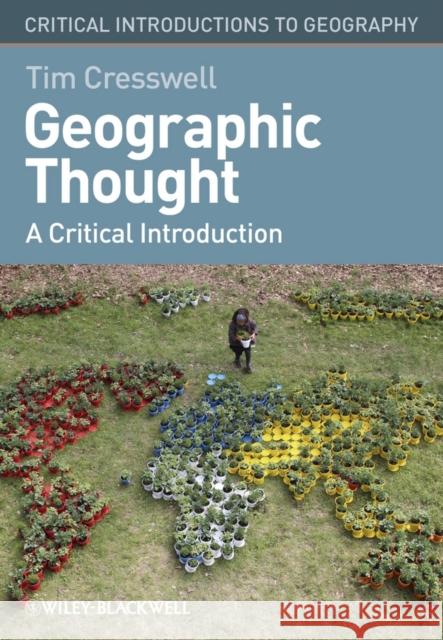Geographic Thought: A Critical Introduction » książka
topmenu
Geographic Thought: A Critical Introduction
ISBN-13: 9781405169400 / Angielski / Twarda / 2013 / 304 str.
This engaging and accessible introduction to geographic thought explores the major thinkers and key theoretical developments in the field of human geography.
- Covers the complete range of the development of theoretical knowledge of the field, from ancient geography to contemporary non-representational theory
- Presents theories in an accessible manner through the author's engaging writing style
- Examines the influence of Darwin and Marx, the emergence of anarchist geographies, the impact of feminism, and myriad other important bodies of thought
- Stresses the importance of geographic thought and its relevance to our understanding of what it is to be human, and to the people, places, and cultures of the world in which we live











